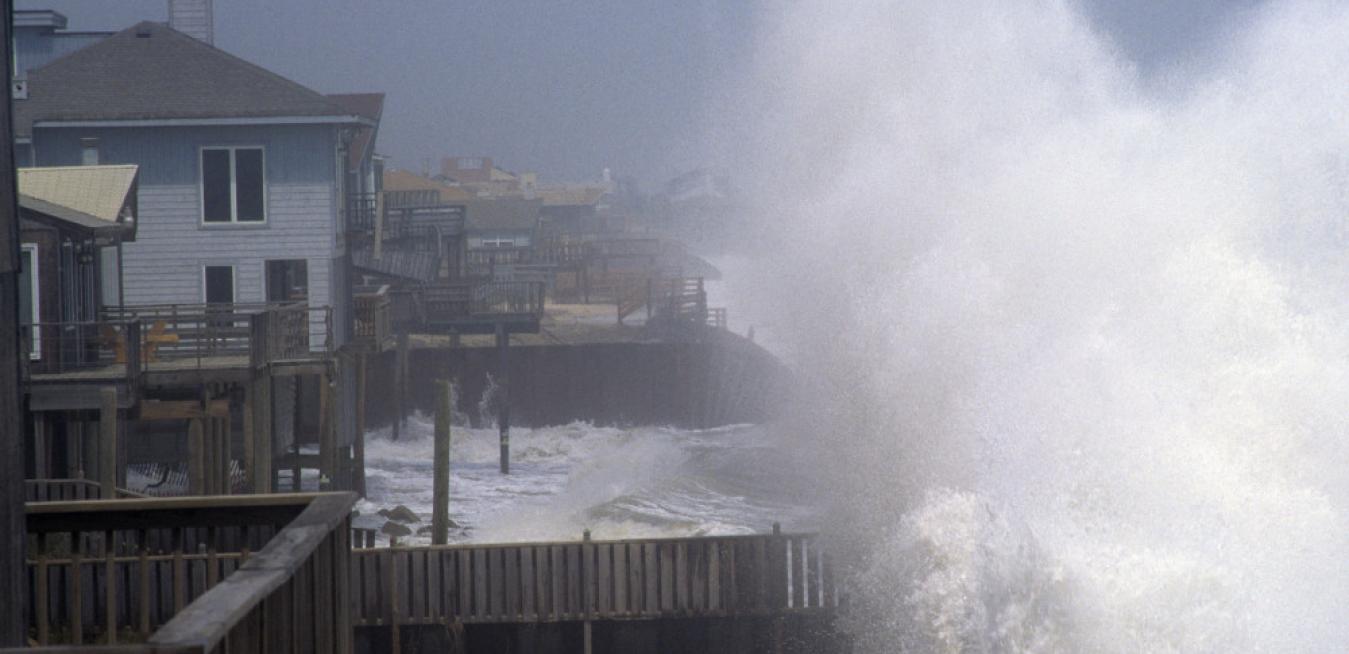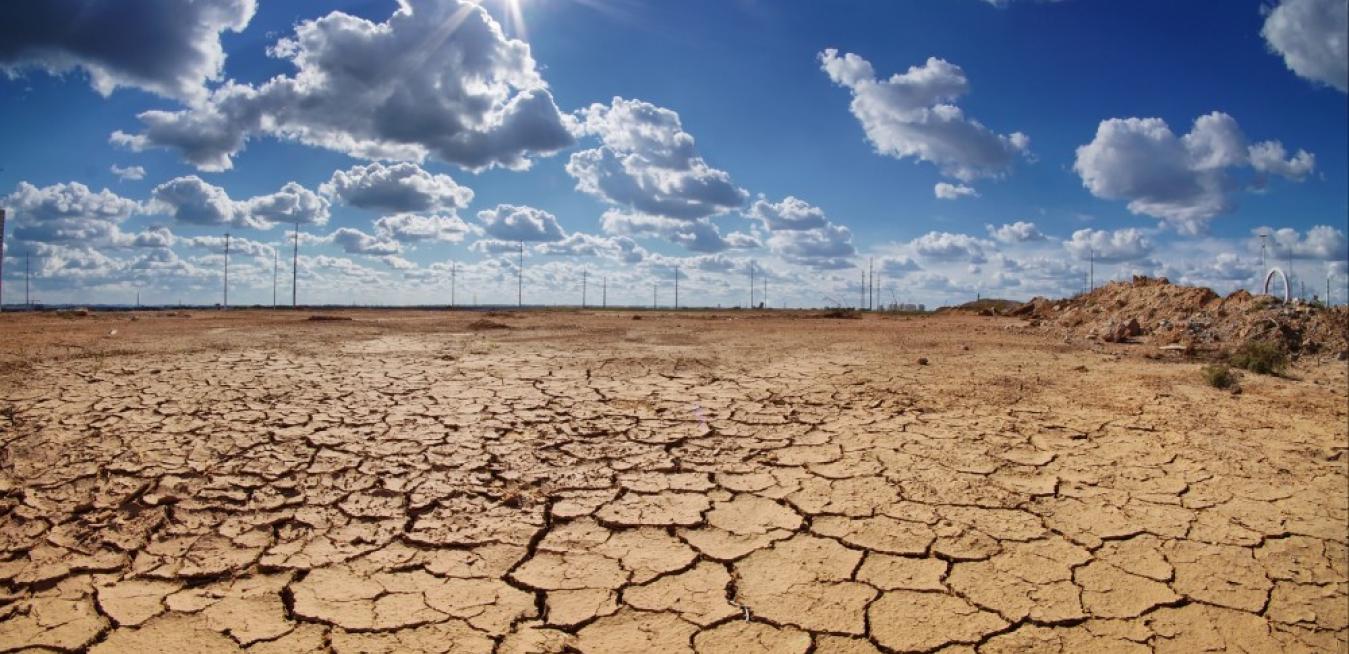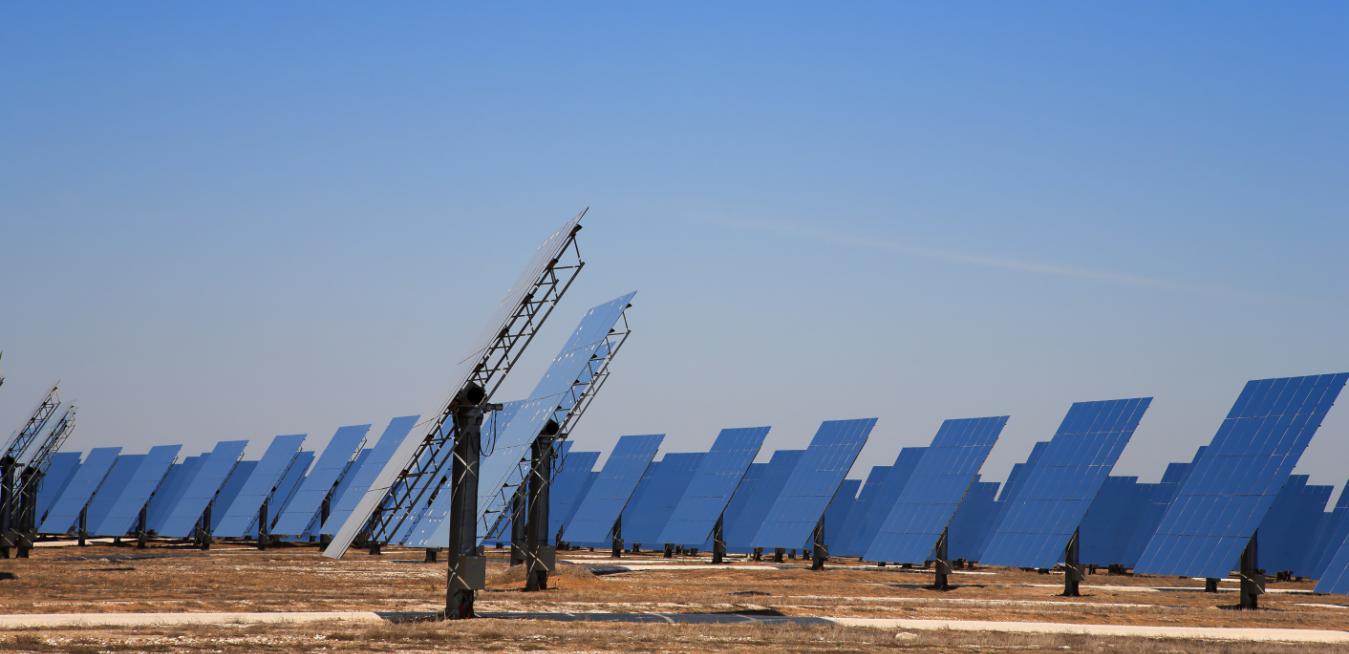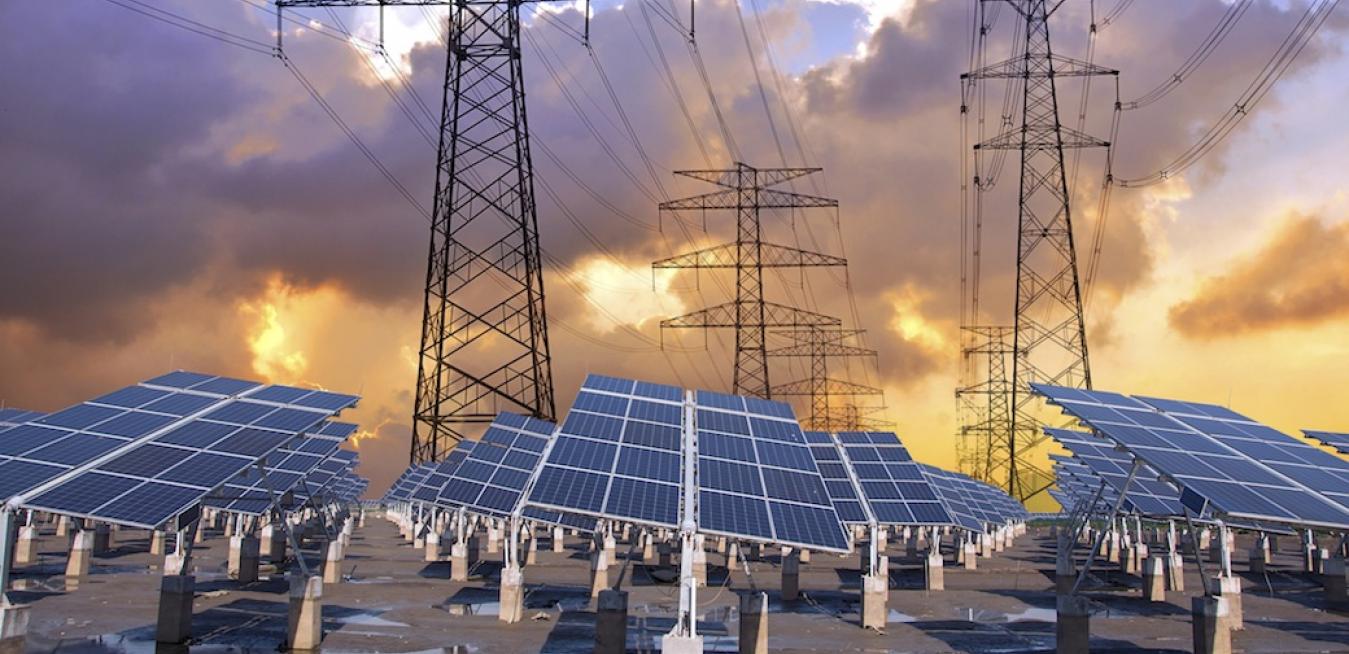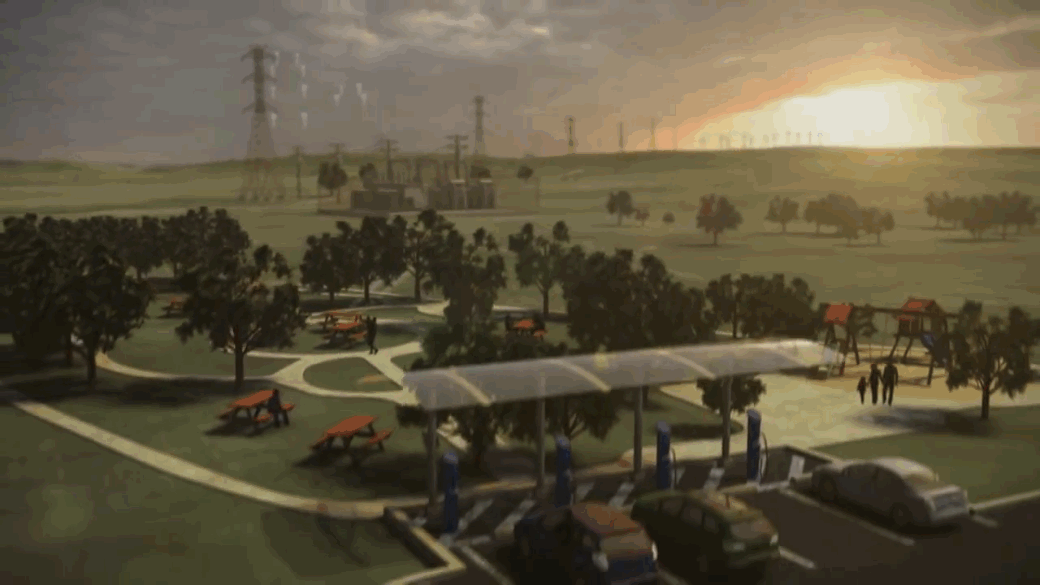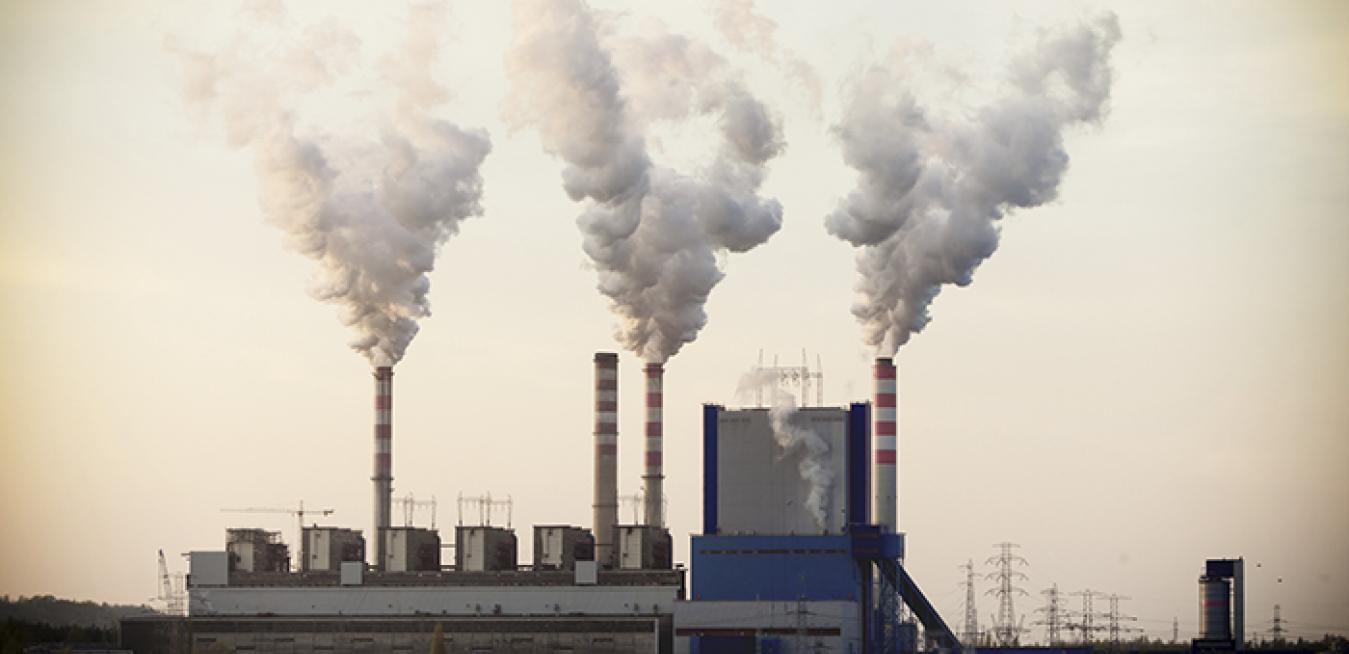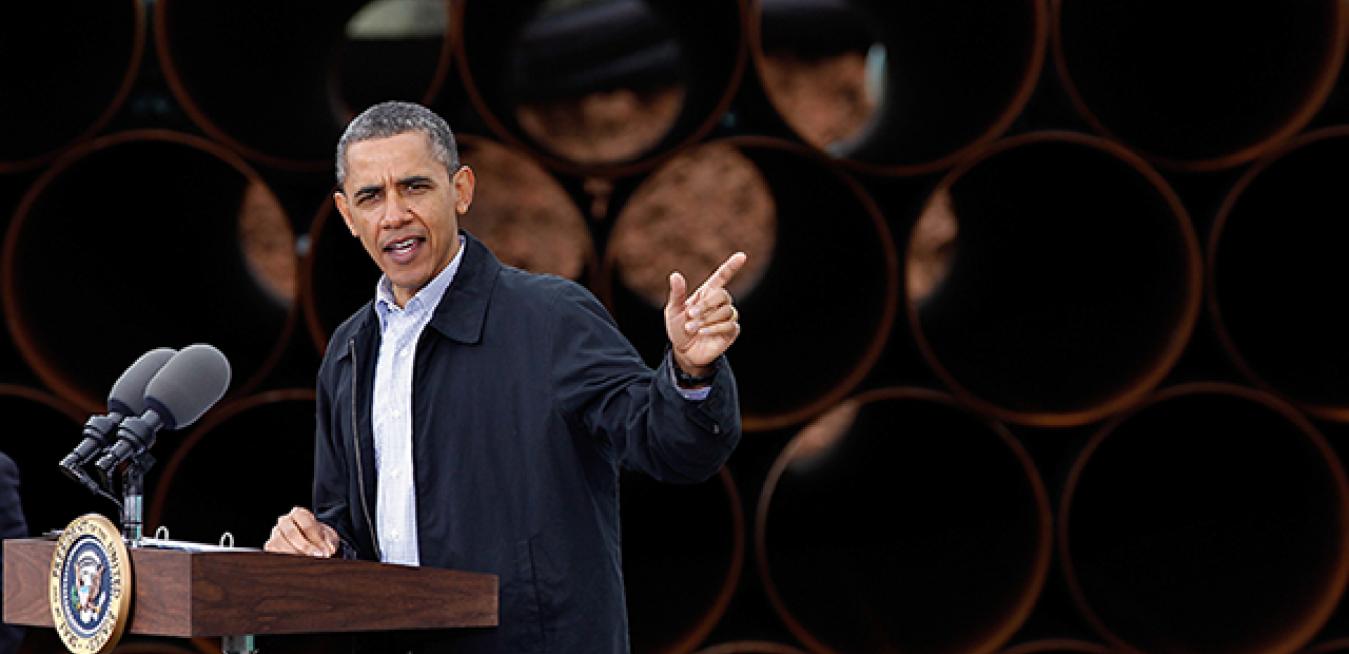Cities like New York City and New Orleans learned the hard way what kind of damage extreme weather events can inflict — and the limitations of current policy approaches. Facing our climate vulnerabilities demands focused action. Vicki Arroyo, executive director of the Georgetown Climate Center, highlights some policies that can help communities be prepared for a future that looks different from our past.
Peter LaPuma, professor of environmental and occupational health at George Washington University, sits down with GE Reports to discuss society’s “inevitable transition to cleaner energy sources,” and what’s missing from the climate change debate.
- You focus a lot on climate change in your work. Where are you seeing the most progress?
Following the climate breakthrough in Paris, there’s reason to be more optimistic about curbing emissions. Renewables can play a key role in that effort.
Five forces are shaping political risks, from climate change to conflict. Here’s what to look out for.
We see patterns everywhere — in nature, in physics and in the world we’ve created — economic booms and recessions; market spikes and crashes; social stability and revolution. But I’ve never accepted George Santayana when he said, Those who cannot remember the past are condemned to repeat it.” Recognizing patterns is one thing. Thinking they’re repeating themselves, that’s something else entirely.Advances in LED technology are helping to create an environment where vegetables can be produced at scale for maximum impact — with higher yields and shorter grow cycles, no matter what climate.
Not only does electricity generation account for about 40 percent of energy-related CO2 emissions, but the power sector is also expected to play more of a role in reducing the share of fossil fuels in the global energy mix than any other, the International Energy Agency (IEA) explains in its latest World Energy Outlook.
While this approach makes sense — given that climate change is a global issue and market-based national or international solutions would be far less expensive solutions than command and control approaches — an ambitious, binding international treaty has yet to materialize. And here in the U.S., climate change legislation doesn’t look likely for the foreseeable future.
